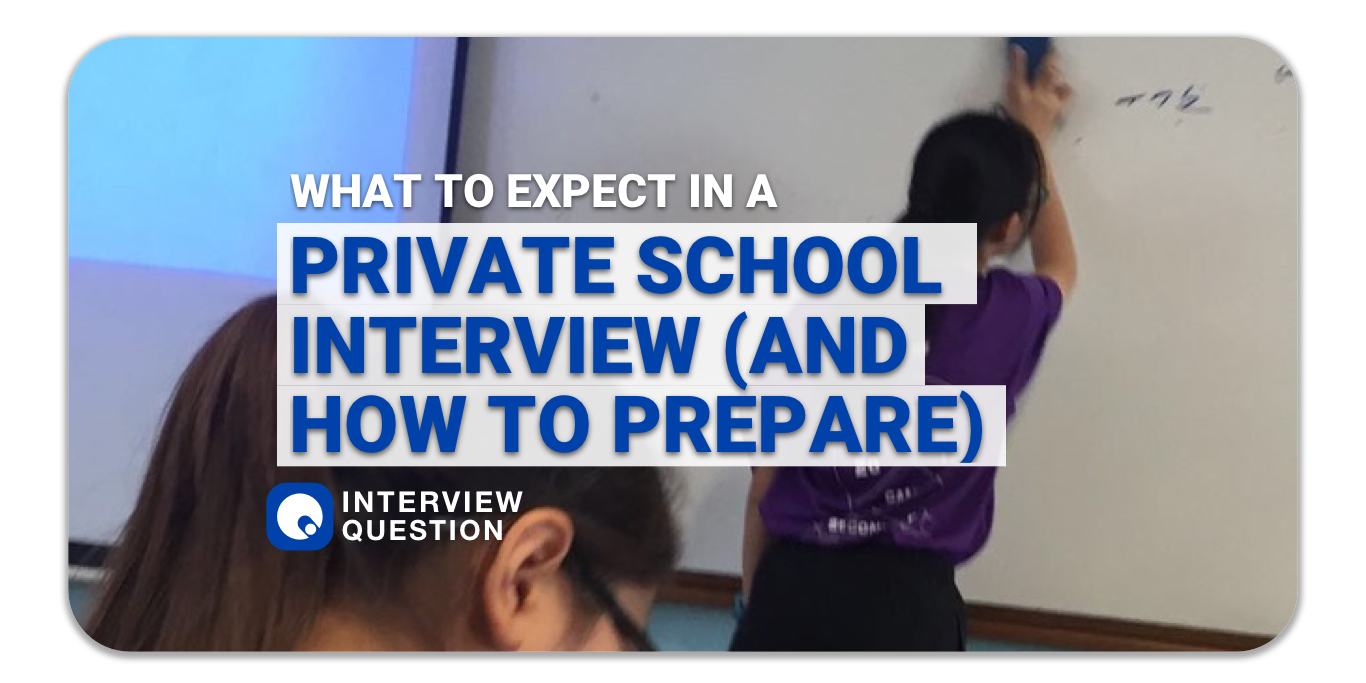The private school interview process can be exciting, but it can also bring on a few nerves. This is your chance to showcase not just your academic talents but also who you are as a person. Preparing thoroughly can help you present yourself confidently and make the best impression possible.
Understanding the Private School Interview Process
Private school interviews allow schools to get to know you beyond your academic record. These interviews may vary in format—some are one-on-one, while others may include a panel of interviewers. Understanding the purpose and structure of the interview will help you approach it with confidence.
Researching the School in Advance
Learning about the school you’re applying to can set you apart. Look into its mission, values, curriculum, and extracurricular offerings. When you’re knowledgeable about the school, it’s easier to explain why you’re excited about attending and how you’d be a great fit.
Preparing to Talk About Yourself
A significant part of any interview is discussing yourself. Think about what makes you unique—whether it’s your interests, strengths, or future goals. Practice introducing yourself in a way that’s genuine, so you can confidently present your best self.
Practicing Common Interview Questions
Schools often ask questions like “Why do you want to attend our school?” or “What are your academic strengths?” Practicing answers to common questions helps you feel more comfortable. Aim to answer naturally without sounding rehearsed.
Showcasing Academic Interests and Achievements
Your academic journey is essential in private school interviews. Share your favorite subjects and any academic achievements. If you’ve faced challenges, don’t shy away from discussing them. Showing resilience and a commitment to learning can be very appealing to interviewers.
Discussing Extracurricular Activities and Hobbies
Private schools value well-rounded students. Be ready to talk about your hobbies, sports, clubs, or community involvement. Highlight how these activities help you grow or how they reflect your passions, as this can show your ability to balance academics with other interests.
Highlighting Your Personality and Values
Private schools look for students whose character aligns with their values. Think about qualities that represent you, like kindness, resilience, or curiosity. Share examples of how you’ve demonstrated these traits, and highlight values you share with the school.

Why Your Family Chose This School
Discussing why you and your family decided on this school is a great way to show intentionality. Mention specific aspects of the school—whether it’s their arts program, sports teams, or academic rigor—that stood out to you and made this school your top choice.
Learning the School’s Core Values
Understanding a school’s values can help you tailor your responses. Look for values like integrity, community, or academic excellence on the school’s website. Reflecting these values in your answers can show that you’re aligned with the school’s mission.
Body Language and Etiquette Tips
Body language speaks volumes. Make sure you’re sitting up straight, making eye contact, and offering a firm handshake if the interview is in person. These small gestures can communicate confidence and respect, both of which make a positive impression.
Asking Thoughtful Questions to the Interviewer
Asking questions shows genuine interest in the school. Consider questions like, “What opportunities are available for students interested in [specific area]?” or “How does the school support students’ growth outside of academics?” This can help you learn more while showing your commitment.
Practicing Interview Skills with a Friend or Family Member
Mock interviews are incredibly helpful for building comfort and confidence. Have a friend or family member role-play as the interviewer, and ask for honest feedback on your responses and body language. Practicing out loud makes the actual interview feel less intimidating.
Planning What to Wear for the Interview
First impressions matter, and dressing appropriately is essential. Wear something professional but comfortable. Opt for neutral, polished attire—think a blazer, dress shirt, or neat sweater, and avoid overly casual clothing.
Preparing for Virtual Interviews
For virtual interviews, set up a quiet, clean space with good lighting. Practice with the software to avoid technical issues and be mindful of sitting close to the camera for clear visibility. Virtual interviews may feel different, but preparation helps make a strong impression.

Staying Calm and Managing Nerves
It’s natural to feel nervous before an interview. Try techniques like deep breathing, visualizing a successful interview, or focusing on your strengths. Remember, the interviewer wants to get to know you, so try to relax and let your personality shine.
Conclusion
Preparation is key to acing your private school interview. By researching, practicing, and being authentic, you’ll be well-equipped to make a strong impression. Trust in your unique qualities and experiences, and remember that being yourself is the best way to stand out.
FAQs
- What’s the best way to prepare for a private school interview? Start by researching the school, practicing common questions, and preparing to talk about yourself authentically.
- How should I talk about my academic achievements? Highlight your strengths, share any accomplishments, and be honest about challenges you’ve overcome.
- What questions should I ask during my interview? Consider asking about specific programs, school values, or opportunities that align with your interests.
- How can I prepare for a virtual private school interview? Set up a professional space, practice with the software, and make sure you’re well-lit and visible.
- How can I practice if I feel nervous? Mock interviews with friends or family members can help you feel more comfortable with answering questions.
- What’s the best way to showcase my personality? Be yourself and share stories that demonstrate your values, character, and interests.
- How should I approach discussing my extracurricular activities? Talk about your hobbies in a way that shows how they help you grow and balance your interests with academics.
